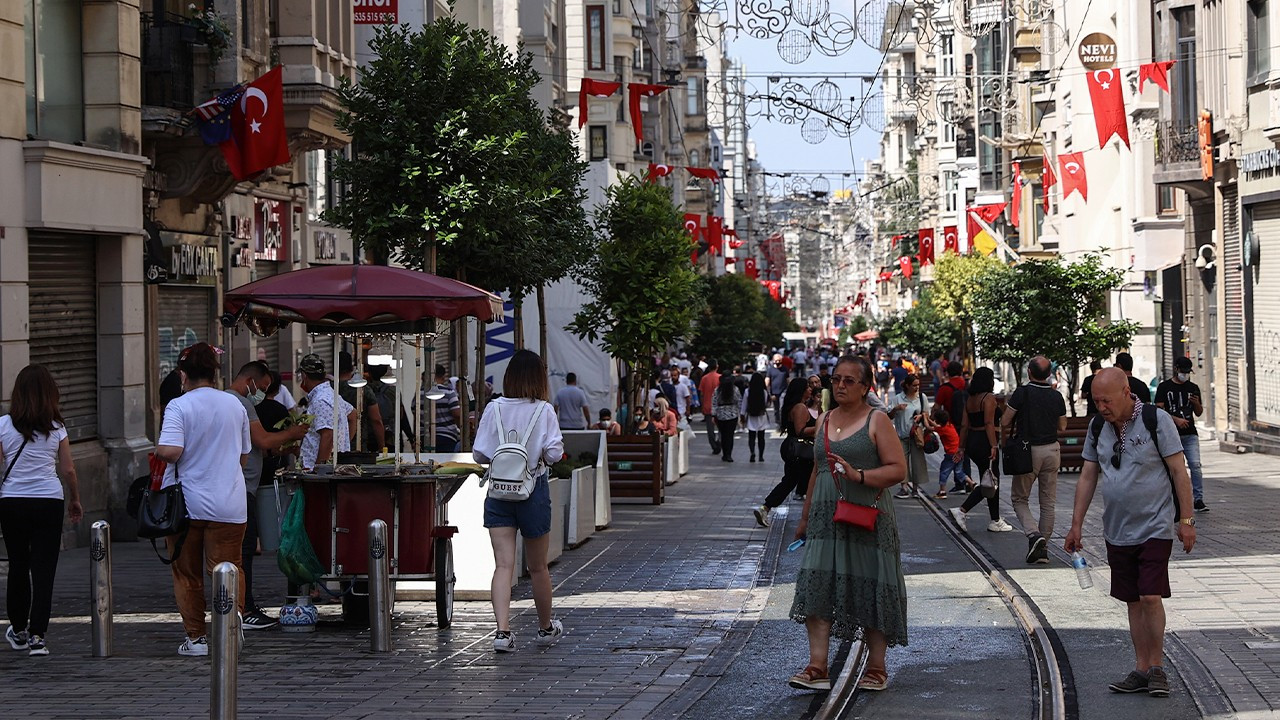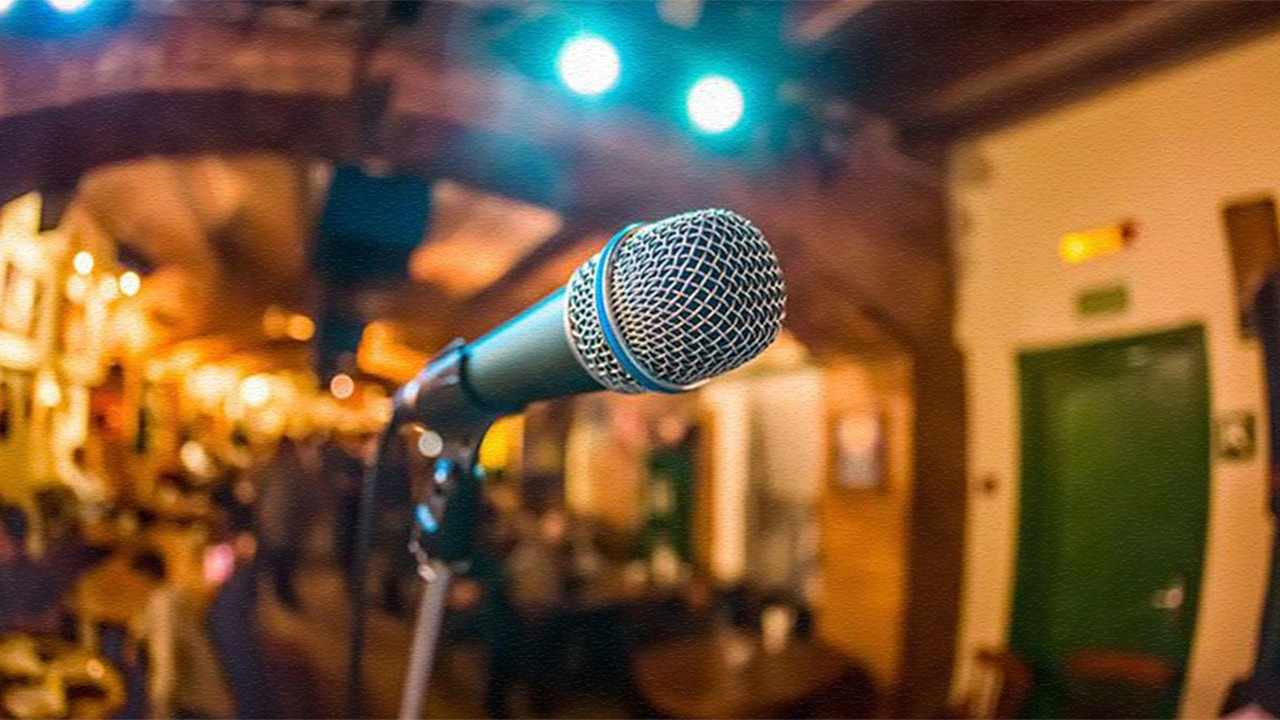Bars, memory, and the city
For those of us who live in this crazy city, it is important to remember exactly how central a role the spaces we frequent play in our perception of urban space. You seek the comfort that comes from repetition and the sense of personal history wrapped up in a long relationship with a single place.
“Nature is healing.” That’s the first thought I had seeing the crowds of people chatting and drinking beer at street-side tables under the sun. After nearly a year and a half of lockdown in Turkey, licensed bars were finally able to re-open on July 1.
Of course, nature is nowhere near healed. The forests have not regrown because mining continues apace. The seas have not regained their ecological balance because factories continue to dump pollution into the water. The mere mention of “nature” is ironic. Ever since countries with relatively decent vaccination programs have been opening up, people have used this cheeky expression as a meme to comment on the return to semi-normalcy. “A drunk girl in the bathroom of a bar just complimented me, nature is healing,” wrote one enthusiastic woman on Twitter.
In fact, what is healing is not nature at all but society. Or, if we want to risk exaggeration, our social nature. We are not creatures made for isolation. “Social distancing” is an oxymoron. Under a pandemic, distance can (and should) be physical, but there is nothing social about it. Hence the intense glee that comes when people are finally able to return to their human habits. Maybe it shouldn’t feel this liberating to once again drink and chat at a sidewalk table, but it does. You could see it on the relieved faces of all Istanbulites last week.
For those of us who live in this crazy city, it is important to remember exactly how central a role the spaces we frequent play in our perception of urban space. Not everyone drinks, but over the past year and a half, everyone has been forced to spend time without the establishments they regularly visit: cafés, restaurants, tea shops, hairdressers, gambling dens, nightclubs, meyhanes, or bars. Yet it is the drinkers who have suffered the most, with many alcohol-serving establishments being closed for 14 months; on the other end of the spectrum, the only people who the Turkish state protected from any sacrifice were those who love shopping malls. Malls, however, tell us little about urban space. When you pass through the sliding doors, you enter a world of pure capitalism, abstracted from whatever part of the city it happens to be located in.
The neighborhood café or bar, in contrast, is not only incorporated into the fabric of the neighborhood, it spills out into it. As the weather heats up, tables and chairs sprout up like mushrooms on Istanbul’s sidewalks. Even the humblest barber or carpenter shop puts out a folded table to enjoy a tea or cigarette. But the bar is, most importantly, a place where memories are deposited. It is not just a matter of convenience. If you are a regular at a local bar, you don’t just go for the alcohol. The motivation is above all nostalgic. You seek the comfort that comes from repetition and the sense of personal history wrapped up in a long relationship with a single place. Sitting at a table you have sat at countless times before, you recall occasions when you were heartbroken, joyful, angry, when you celebrated a new job, or celebrated finally quitting, beginning a new relationship or ending it.
Last week, when nature healed, I again had a realization about the importance of the establishments we frequent. I visited a bar in Beyoğlu to celebrate the engagement of two close friends. Independently of each other, they had both decided to propose to the other in this bar. When people meet, chat, argue, flirt, or make life decisions all in the same space, that space assumes an invaluable role both in their relationship to each other and in their relationship to the city.
And that’s why it’s so heartbreaking when a longstanding establishment is forced to close its doors, as many bars, clubs, and meyhanes were forced to during the pandemic. It is not only that business which is lost, with its employees now out of a job, but something both deeply valuable and vague: our sense of place. Those we love in the city are anchors of memory. And so when they close, those memories and our feeling of belonging become unmoored. Every bar in Beyoğlu that goes bankrupt for lack of government support, every establishment that gets priced out of a neighborhood or whose building gets demolished—each one makes this city just a little less livable, a little less human. Even the ones that survived were forced to spend long months closed. Just walking past streets full of shuttered shops was a heartbreaking sight. Istanbul no longer looked like Istanbul.
Now that our social nature is finally healing from the pandemic’s isolation and placelessness, I hope we will all return to being regulars at what spots represent our unique memory banks. And let’s hope the vaccination rate soon reaches the critical threshold, otherwise we’re looking at another cold, distanced, pandemic winter.


 Turkey could be back to normal within three months: BioNTech CEOCoronavirus
Turkey could be back to normal within three months: BioNTech CEOCoronavirus Turks outraged over Erdoğan's midnight music ban: We do take offense!Domestic
Turks outraged over Erdoğan's midnight music ban: We do take offense!Domestic